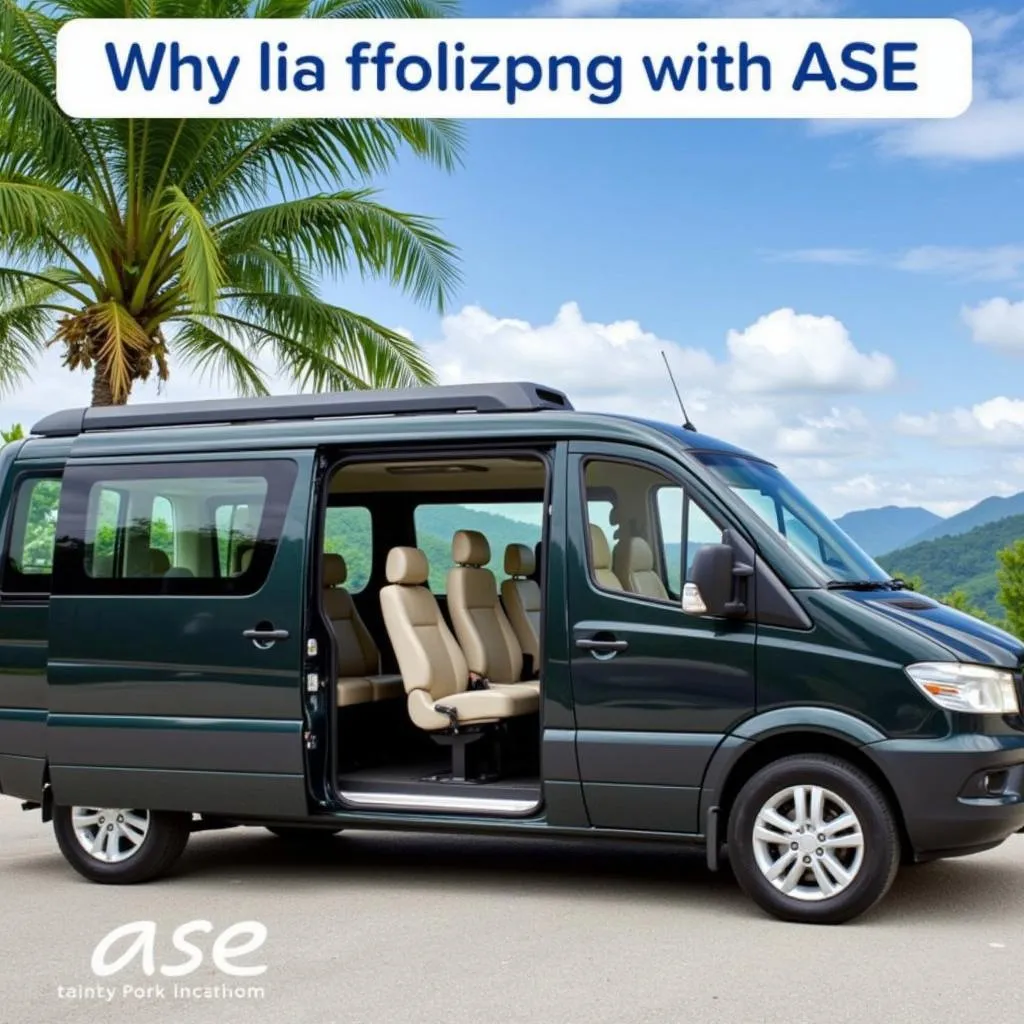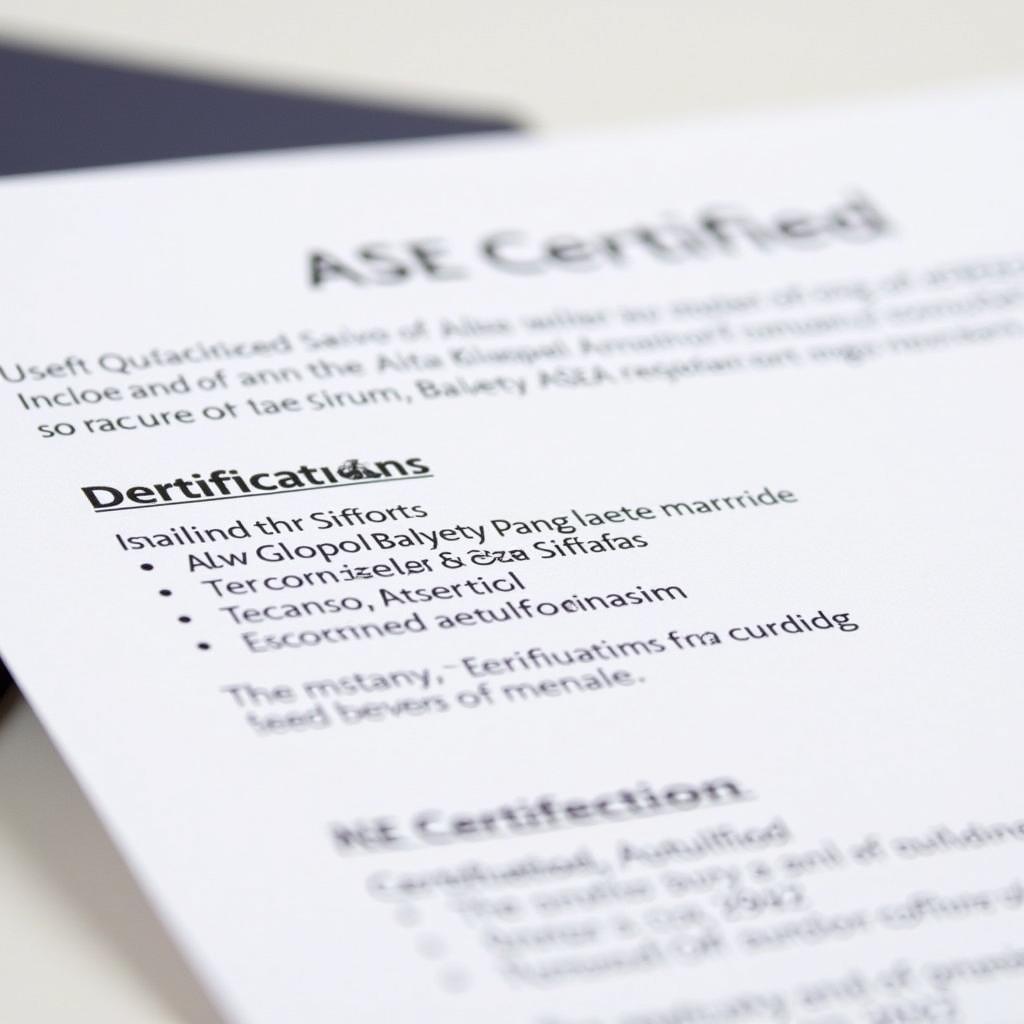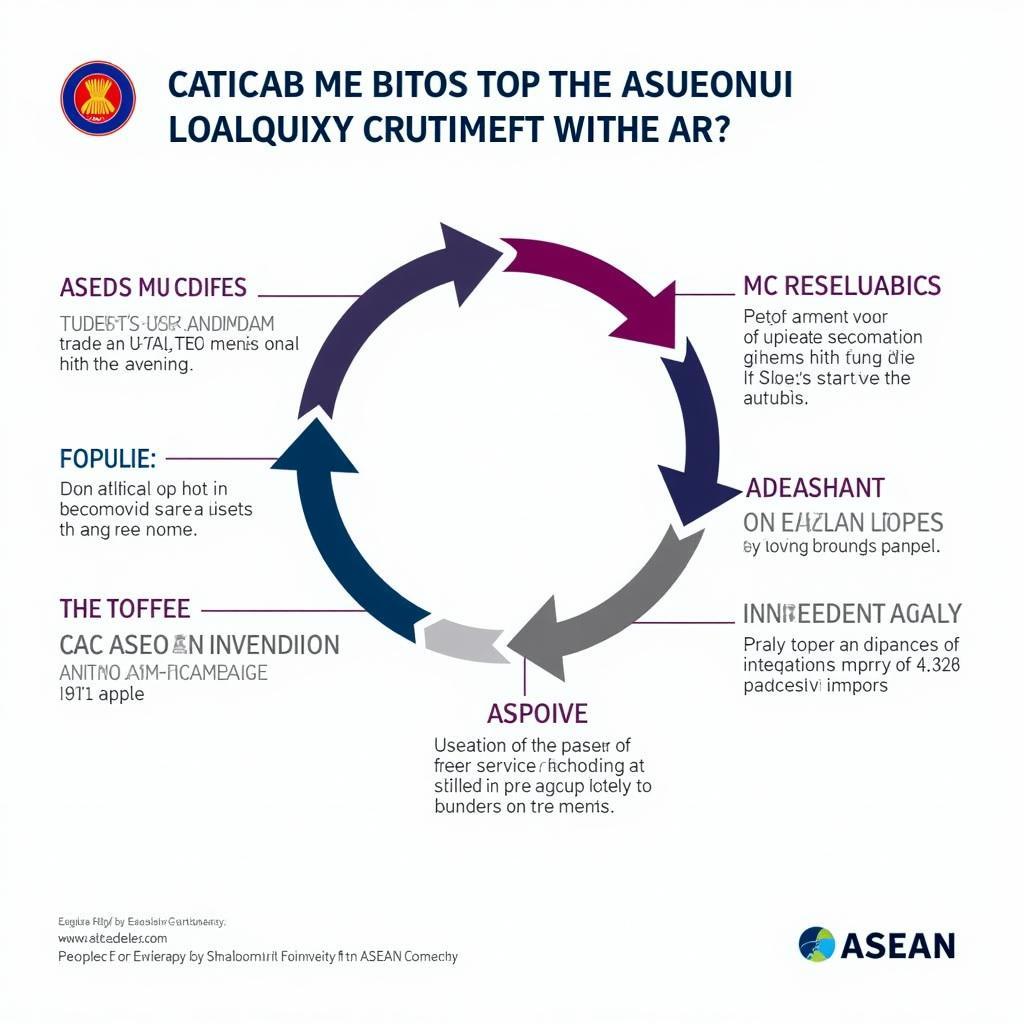The ASEAN region, a vibrant tapestry of diverse cultures and economies, is witnessing a dynamic automotive industry burgeoning right before our very eyes. “Asean Cars” has become a hot topic, reflecting the growing interest in the vehicles produced and sold within the 10 member states. From affordable city cars to robust SUVs and even electric vehicles, the ASEAN car market is anything but one-dimensional.
Driving Forces Behind the ASEAN Car Market
Several factors contribute to the unique landscape of ASEAN cars. The region’s growing middle class, with increased purchasing power, fuels the demand for personal vehicles. Governments are actively encouraging local production and consumption through initiatives like the ASEAN Free Trade Area (AFTA), which aims to eliminate tariffs and promote trade among member states.
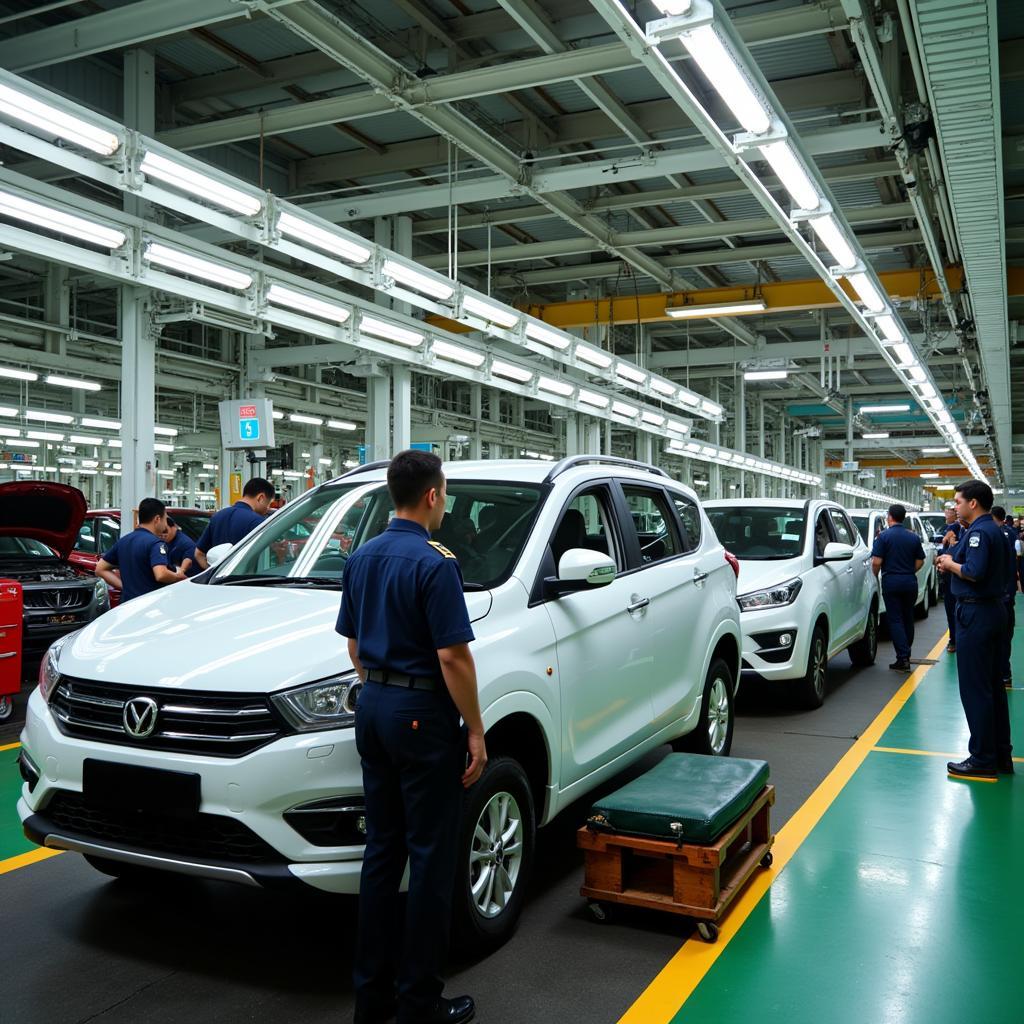 ASEAN Car Manufacturing
ASEAN Car Manufacturing
Popular ASEAN Car Brands: Homegrown Success Stories
While international car brands have a strong presence in the ASEAN region, locally produced marques have gained significant traction. Here are some notable players:
-
Proton (Malaysia): Established in the 1980s, Proton, short for Perusahaan Otomobil Nasional, was Malaysia’s first national car manufacturer. Known for its affordable and practical models, Proton has expanded its reach beyond Malaysia, exporting to other ASEAN countries and beyond.
-
Perodua (Malaysia): Another Malaysian success story, Perodua focuses on compact cars and small SUVs, catering to the needs of urban dwellers. Perodua consistently ranks among the top-selling car brands in Malaysia.
-
Toyota (Thailand): Thailand has earned the moniker “Detroit of the East” for its robust automotive industry. Toyota, with a strong manufacturing presence in Thailand, has found immense success with models specifically designed for the ASEAN market.
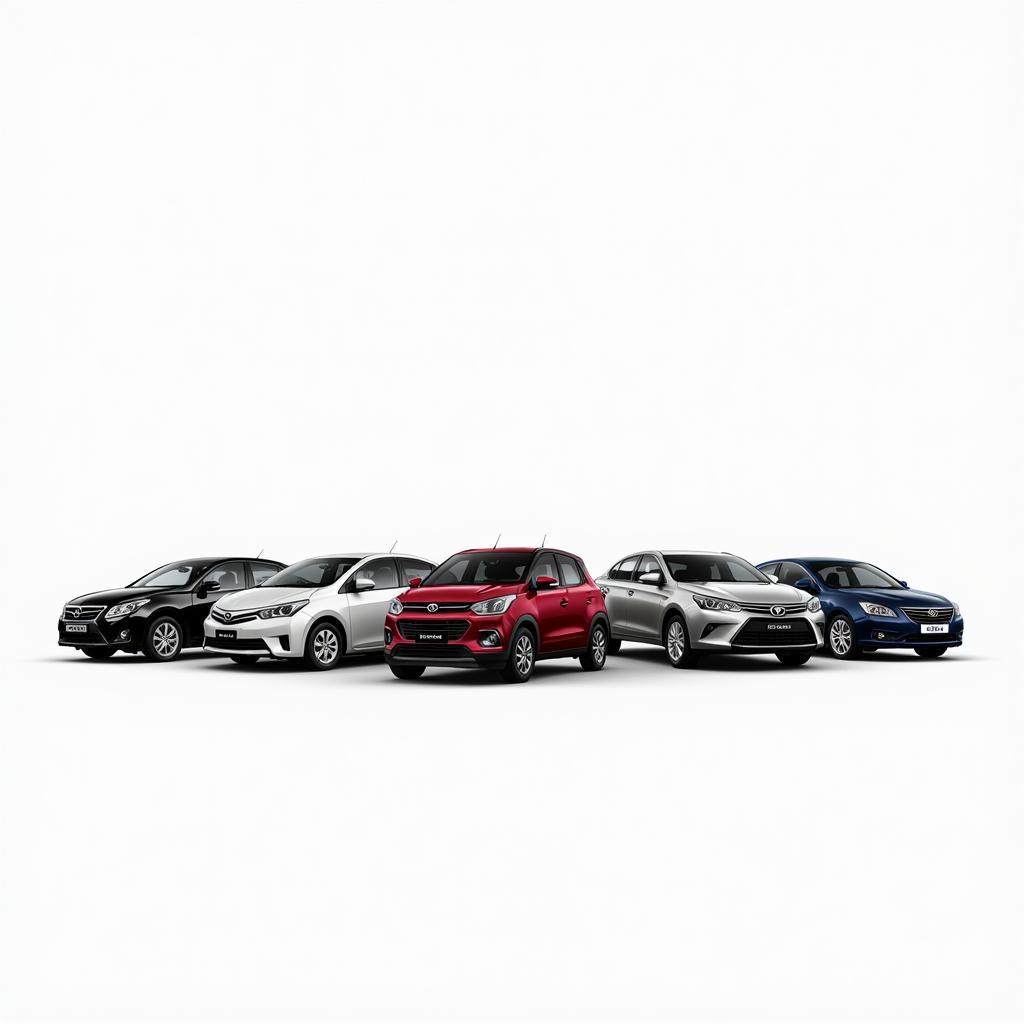 Popular ASEAN Car Models
Popular ASEAN Car Models
The Rise of Affordable Vehicles: ASEAN’s Answer to Mobility
One of the key trends shaping the ASEAN car market is the demand for affordable vehicles. Brands like Daihatsu and Mitsubishi offer competitive pricing and fuel-efficient engines, making them popular choices among budget-conscious consumers. These cars cater to the practical needs of first-time car buyers and those looking for reliable transportation without breaking the bank.
ASEAN Cars and the EV Revolution: Shifting Gears Towards Sustainability
The global shift towards electric vehicles (EVs) is also influencing the ASEAN automotive industry. Governments across the region are implementing policies to encourage the adoption of EVs, including tax incentives and infrastructure development.
The Future of ASEAN Cars: A Road Paved with Innovation
The ASEAN car market is poised for continued growth and evolution. As the region embraces innovation and technological advancements, we can anticipate exciting developments in areas like:
-
Connected Car Technologies: Features like in-car entertainment systems, navigation, and safety features are becoming increasingly sophisticated, enhancing the driving experience.
-
Autonomous Driving: While still in its early stages, autonomous driving technology is gradually making its way into the ASEAN market, opening up new possibilities for the future of mobility.
Conclusion: ASEAN Cars on the Fast Track
The ASEAN car market is a dynamic landscape defined by affordability, innovation, and a commitment to meeting the evolving needs of consumers. With a diverse range of vehicles and a growing emphasis on sustainability, the future of ASEAN cars is full of promise, driving the region towards a brighter and more mobile future.
FAQ
1. Which ASEAN country is the largest car manufacturer?
Thailand currently holds the title of the largest car manufacturer in ASEAN, often referred to as the “Detroit of the East.”
2. Are ASEAN cars fuel-efficient?
Many ASEAN car manufacturers prioritize fuel efficiency in their designs, catering to the needs of budget-conscious consumers and addressing environmental concerns.
3. What types of cars are popular in ASEAN?
Compact cars, hatchbacks, and small to medium-sized SUVs are popular choices in the ASEAN market, reflecting practical needs and urban lifestyles.
4. Are electric vehicles available in ASEAN?
Yes, electric vehicles (EVs) are becoming increasingly available in ASEAN as governments implement policies to encourage their adoption and manufacturers introduce new models.
5. What is the future outlook for the ASEAN car market?
The ASEAN car market is expected to continue its growth trajectory, driven by a rising middle class, urbanization, and technological advancements.
Need assistance? Please contact us at:
Phone Number: 0369020373
Email: aseanmediadirectory@gmail.com
Or visit us at: Thon Ngoc Lien, Hiep Hoa, Bac Giang, Vietnam.
Our customer service team is available 24/7.
